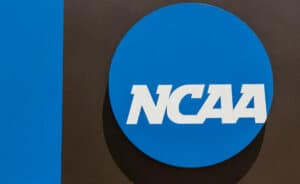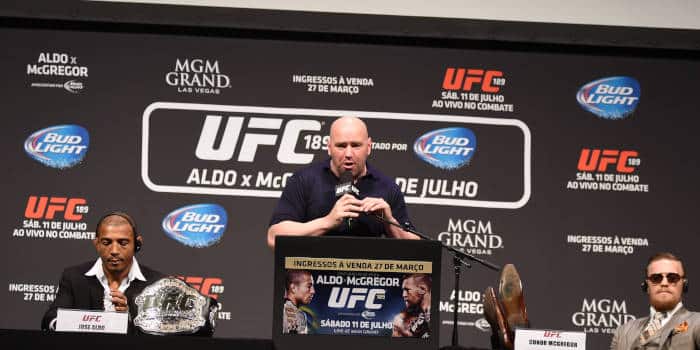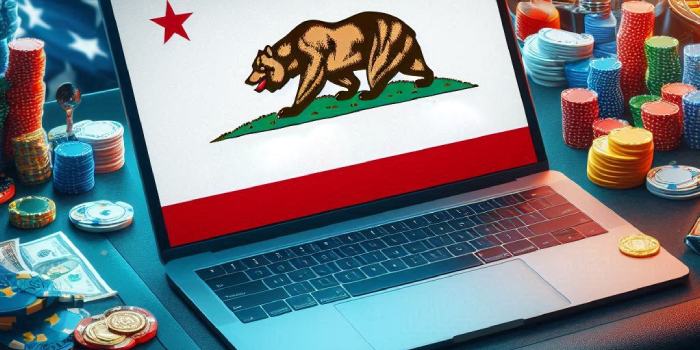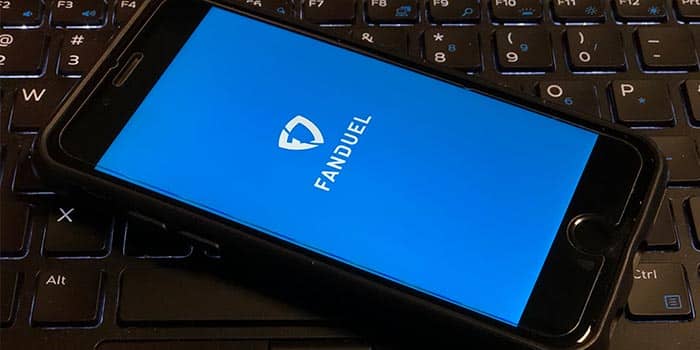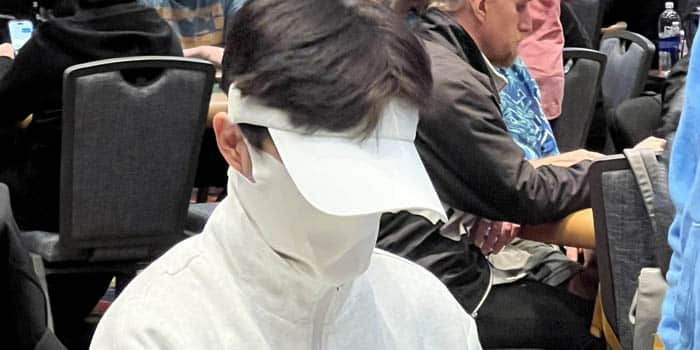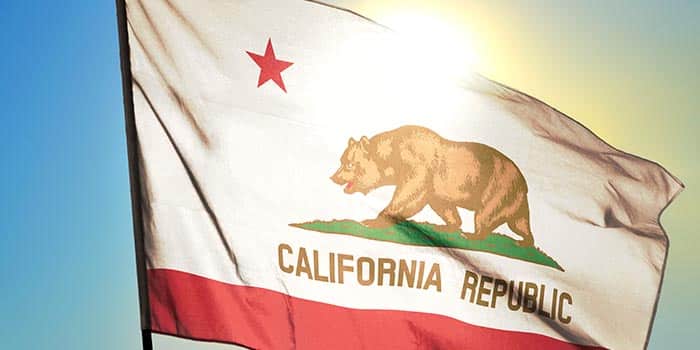- Casino
- By State
- Alabama
- Alaska
- Arizona
- Arkansas
- California
- Colorado
- Connecticut
- Delaware
- Georgia
- Florida
- Hawaii
- Idaho
- Illinois
- Indiana
- Iowa
- Kansas
- Kentucky
- Louisiana
- Maine
- Massachusetts
- Maryland
- Michigan
- Minnesota
- Mississippi
- Missouri
- Montana
- Nebraska
- Nevada
- New Hampshire
- New Jersey
- New Mexico
- New York
- North Carolina
- North Dakota
- Ohio
- Oklahoma
- Oregon
- Pennsylvania
- Rhode Island
- South Carolina
- South Dakota
- Tennessee
- Texas
- Utah
- Vermont
- Virginia
- Washington
- West Virginia
- Wisconsin
- Wyoming
- By State
- Slots
- Poker
- Sports
- Esports
No More Pull Tabs In North Dakota Stores and Gas Stations
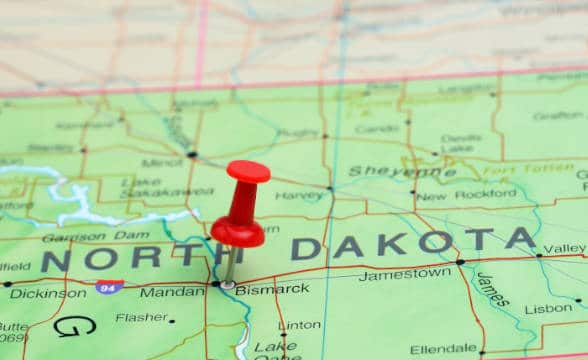
The Flickertail State is facing an explosive growth in the number of e-pull tab machines in recent years and it all comes down to a 1994 document and some loose wording regarding critical definitions. The issue is expected to be addressed when the Legislature reconvenes next year after a 3-2 vote in the commission.
E-pull Tabs In Stores and Gas Stations Deemed a Problem
These games were approved back in 2017 but the first wave of machine installments was launched around August 2018. Now the entire state is littered with more than 4,100 machines installed in approximately 770 sites, distributed across all 53 counties, except Sioux County, which is coincidentally also the home of a casino that’s on the Standing Rock Sioux Reservation.
Currently, the Vegas-style machines are permitted in bars only, however careless wording has apparently presented a loophole for bars. According to the original 1994 document, a viable venue is a “retail alcoholic beverage establishment where alcoholic beverages are dispensed and consumed.” Obviously, this does not exclude the possibility for pop-up or “pretend” bar setups in stores or gas stations which – if they can pass as bars – allows them to also install an e-pull tab machine or four.
AG Drew Wrigley and North Dakota chief regulator Deb McDaniel addressed this issue before a government-appointed panel. Their key point is restricting the installation of these games strictly to bars or hospitality buildings that house bars.
The new wording will address this particular issue by allowing the presence of e-pull tab machines in hotels, restaurants, and bowling alleys, but not at convenience, grocery, or liquor stores. The restriction will apply to gas stations as well.
Moving Forward Words Will Change
McDaniel expressed her anticipation for challenges posed by the gaming companies operating these machines. However, her conviction that a change is still absolutely needed shines through when she said “I still believe we’re going to see this in the next legislative session. It will be up to the legislative body to decide if we want these in gas stations or not”. Wrigley, on the other hand, was more direct, arguing that he’s “… never thought of a gas station or convenience store as a bar – that’s not what anybody envisioned,” citing the original 1994 document.
Another plea made by the duo and their teams was a call for urgency as e-pull tab machines are exploding in popularity and regulation simply cannot keep up. “I can’t just go out and hire a bunch of regulators tomorrow,” Wrigley said when discussing how time-sensitive this definition change is for North Dakota.
North Dakota’s treasury received more than $25.5 million from gambling taxes alone in FY 2021. That was a near doubling compared to 2020 and tripling compared to 2019. Players gambled around $1.3 billion on pull tabs in 2021, so it is a very important change that can affect a large player base, as well as a large industry. Projections for this FY, which ends in June 2022, are closer to $1.8 billion being gambled, so Wrigley’s and McDaniel’s predictions are very well-founded in real numbers. Besides businesses and local players, social help programs and youth sports funding are also on the list for being affected as approximately $130 million was donated to charities in 2021, up from $95 million in 2020.
On the flip side, all those games are also being played by real gamblers fueling the state’s problem gambling trends. American Indian casinos are also being affected as competitors for gamblers’ hard-earned money as the aforementioned 770 sites with e-pull tab machines are influencing player distribution by fragmenting the player base. Notwithstanding the latter, the former is addressed by operators who are committing $40,000 annually to programs that specialize in gambling problems.
Concerns about Vegas-style machines popped up in neighboring Minnesota back in 2019, and continued through 2021, when it was said that those games “mimic a video slot machine,” which is not compliant to the 2012 deal made to avoid just that.
Related Topics:
Mike made his mark on the industry at a young age, consulting for companies that would later become regulators. As one of the lead editor of Gambling News, he dedicates his weekdays to this project, aiming to educate the masses on the latest developments in the gambling circuit. His expertise and passion for the industry make him an invaluable asset to our team.
Must Read



